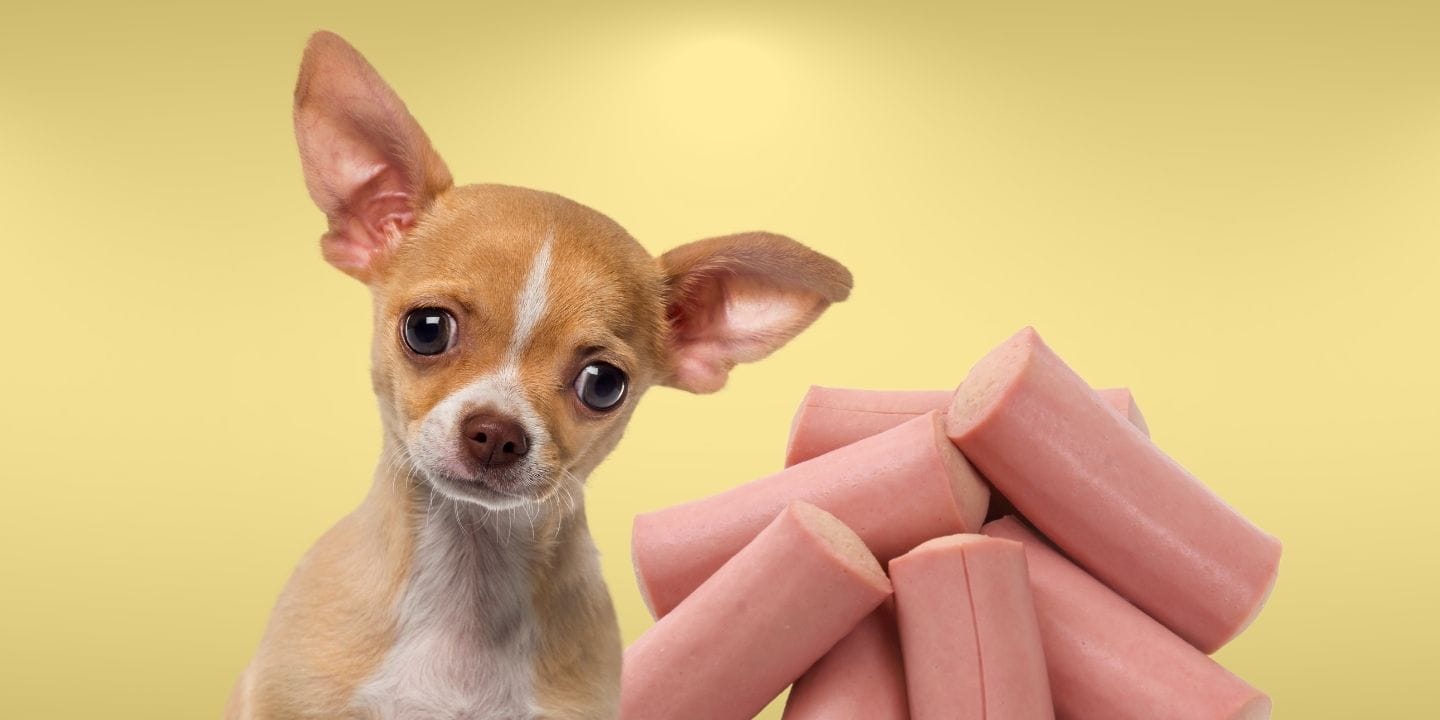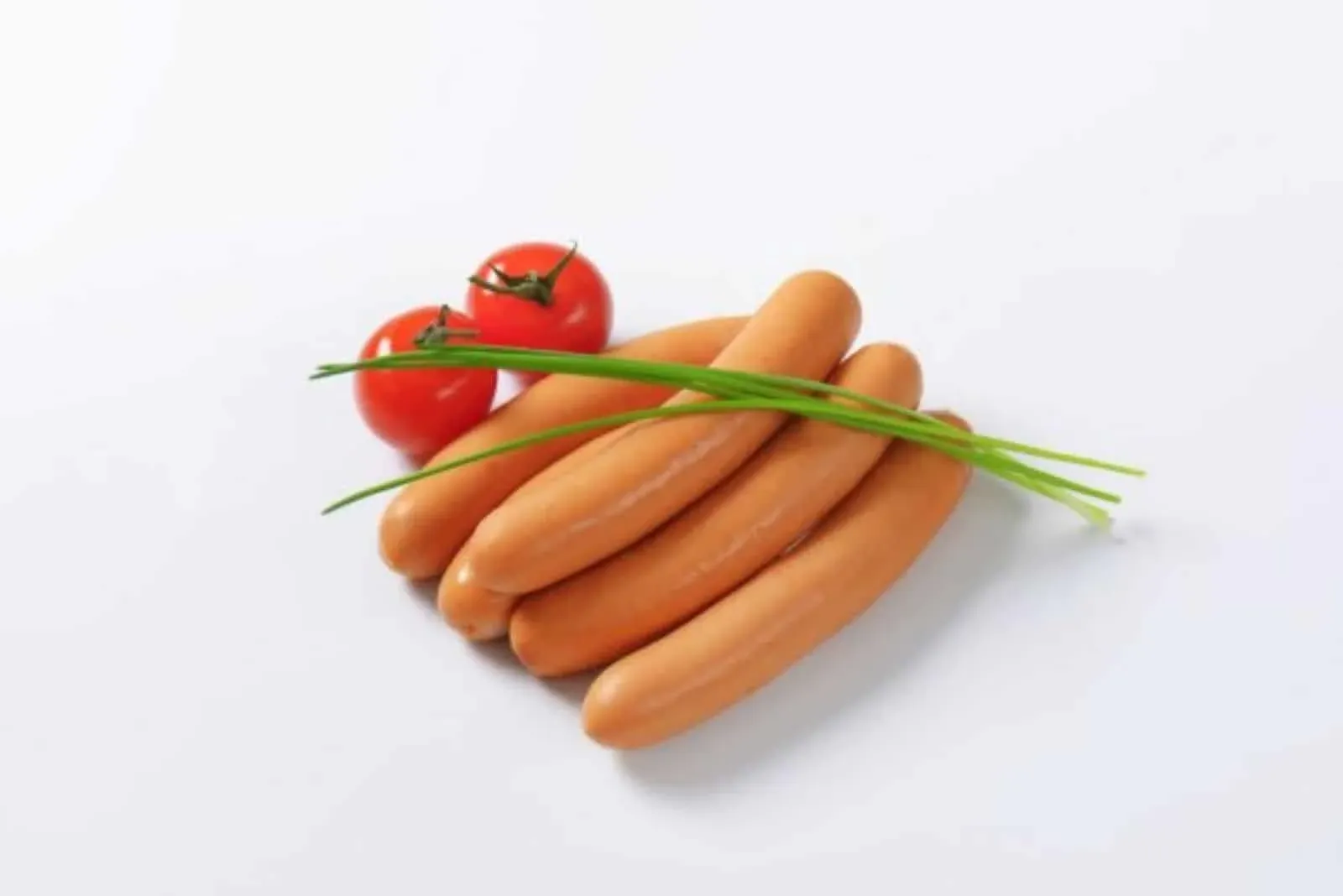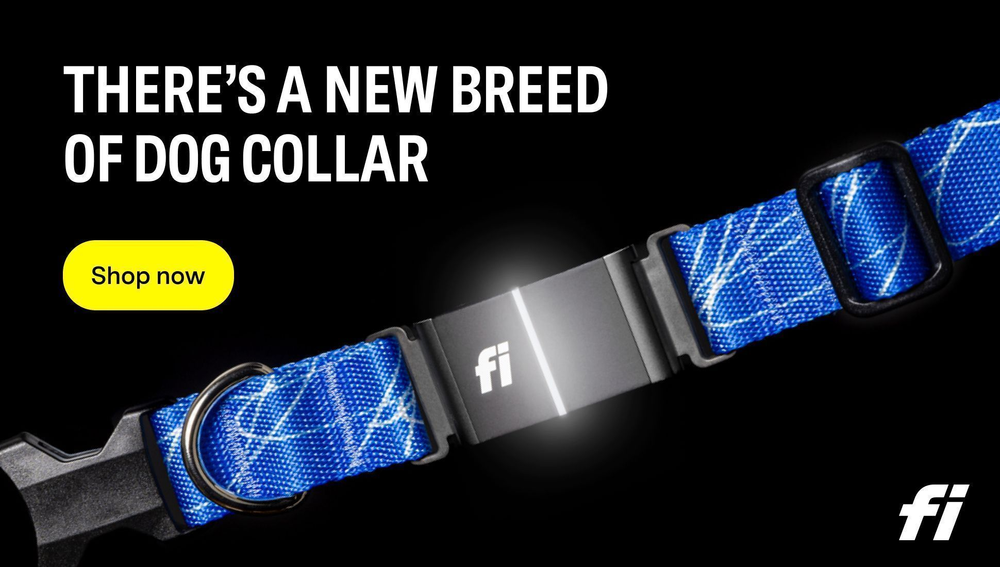Vienna sausage is a popular snack among many people, but what about dogs? Can they eat it too? This is a question that many dog owners ask themselves, especially when their furry friend begs for a bite. The answer is not as simple as a yes or no, as it depends on various factors.

Firstly, it's important to understand what Vienna sausages are made of. Typically, they are a type of processed meat that contains a combination of beef, pork, and chicken. They are also high in sodium and preservatives, which can be harmful to dogs in large quantities. It's essential to keep in mind that dogs have different nutritional needs than humans, and what may be safe for us to eat may not be suitable for them.
Can Dogs Eat Vienna Sausage Safely?
Vienna sausage is a type of canned sausage that is popular among humans due to its convenience and taste. However, when it comes to feeding it to dogs, pet owners should exercise caution. While dogs can technically eat Vienna sausage, there are important nutritional considerations and potential health risks to keep in mind.

Nutritional Considerations
Vienna sausage is high in fat, sodium, and preservatives. These ingredients can be harmful to dogs when consumed in large quantities. A single serving of Vienna sausage can contain up to 200mg of sodium, which is more than the recommended daily intake for a small dog. Additionally, the high-fat content can lead to obesity and other health problems.
On the other hand, Vienna sausage does contain protein, which is an important nutrient for dogs. However, there are better sources of protein that are specifically formulated for dogs, such as high-quality dog food or lean meats like chicken or turkey.
Potential Health Risks
Feeding Vienna sausage to dogs can also pose potential health risks. The high sodium content can lead to dehydration, electrolyte imbalances, and even kidney damage. The preservatives used in canned foods can also be harmful to dogs, as they may contain sulfites or nitrates that can cause allergic reactions or digestive issues.
Moreover, Vienna sausage is often made from low-quality meat and animal by-products, which can contain harmful bacteria like salmonella or E. coli. These bacteria can cause food poisoning in dogs, leading to symptoms like vomiting, diarrhea, and dehydration.
In conclusion, while dogs can technically eat Vienna sausage, it is not recommended due to the high fat, sodium, and preservative content. Pet owners should opt for healthier and safer sources of protein for their furry friends.
Understanding Vienna Sausage Ingredients
Vienna sausage is a popular snack for humans, but can dogs eat it too? Before feeding your furry friend, it's important to understand the ingredients in Vienna sausage.
Meat Content
Vienna sausage is made from meat, but the quality and type of meat can vary. Some brands use a mix of pork, beef, and chicken, while others use only one type of meat. It's important to check the label to see what type of meat is used and the percentage of meat content.
Preservatives and Additives
Many Vienna sausage brands use preservatives and additives to extend the shelf life and enhance the flavor. Some common preservatives and additives found in Vienna sausage include sodium nitrite, monosodium glutamate (MSG), and corn syrup. These ingredients can be harmful to dogs in large quantities, so it's important to limit their intake.
Sodium Levels
Vienna sausage is high in sodium, which can be harmful to dogs. Excessive sodium intake can lead to dehydration, high blood pressure, and other health problems. It's important to limit the amount of Vienna sausage your dog consumes to avoid these issues.
Overall, while Vienna sausage may be a tasty treat for humans, it's not the healthiest option for dogs. If you do choose to give your dog Vienna sausage, make sure to limit the amount and choose a brand with high-quality meat and limited preservatives and additives.
Feeding Guidelines for Dogs

Appropriate Serving Sizes
When it comes to feeding dogs, it is important to consider the appropriate serving sizes. The amount of food your dog needs depends on several factors such as their breed, age, weight, and activity level. Overfeeding your dog can lead to obesity and other health problems. On the other hand, underfeeding your dog can result in malnutrition and other health issues.
As a general rule of thumb, dogs should be fed 2-3% of their body weight per day. For example, a 50-pound dog should be fed around 1 to 1.5 pounds of food per day. However, it is always best to consult with your veterinarian to determine the appropriate serving size for your dog.
Frequency of Feeding
In addition to serving sizes, it is also important to consider the frequency of feeding. Most adult dogs should be fed twice a day, while puppies may require more frequent feedings. Feeding your dog at regular intervals can help maintain their energy levels and prevent overeating.
It is also important to note that dogs should not be fed table scraps or human food, as this can lead to digestive problems and other health issues. While some human foods may be safe for dogs to consume in moderation, it is always best to consult with your veterinarian before feeding your dog any new foods.
Overall, following appropriate feeding guidelines can help ensure your dog stays healthy and happy for years to come.
Healthier Alternatives to Vienna Sausage
When it comes to feeding your dog, it's important to choose healthy and nutritious options. While Vienna sausages may be a quick and easy treat, they are not the healthiest choice for your furry friend. Here are some healthier alternatives to consider:
Recommended Treats
- Carrots: Carrots are a great low-calorie treat that are high in fiber and vitamins. They also help to clean your dog's teeth and freshen their breath.
- Blueberries: Blueberries are packed with antioxidants and are a great source of vitamins C and K. They are also low in calories and can be a tasty treat for your pup.
- Green Beans: Green beans are a good source of fiber and vitamins. They are also low in calories and can help your dog feel full without adding extra pounds.
Homemade Options
If you prefer to make your own dog treats, here are some homemade options to consider:
- Peanut Butter and Banana Treats: Mash up a ripe banana and mix it with some peanut butter. Spread the mixture onto a baking sheet and freeze it until it's solid. Cut the treats into small pieces and store them in the freezer.
- Sweet Potato Chews: Cut a sweet potato into thin slices and bake them in the oven until they are crispy. Sweet potatoes are a good source of vitamins and fiber, and dogs love the taste.
By choosing healthier alternatives to Vienna sausages, you can ensure that your dog is getting the nutrients they need to stay healthy and happy.
Recognizing Allergic Reactions
Symptoms to Watch For
It is important to recognize the signs of an allergic reaction in your dog, as they can be life-threatening. Dogs can be allergic to a variety of foods, including vienna sausages. Some common symptoms to watch for include:
- Itching and scratching
- Swelling of the face, lips, and tongue
- Hives or rashes on the skin
- Vomiting or diarrhea
- Difficulty breathing or wheezing
If your dog is experiencing any of these symptoms after eating vienna sausages, it is important to take immediate action.

Immediate Actions to Take
If you suspect that your dog is having an allergic reaction, it is important to act quickly. Here are some immediate actions to take:
- Remove the offending food: If your dog has eaten vienna sausages and is experiencing an allergic reaction, remove any remaining sausages or packaging from their reach.
- Call your veterinarian: Contact your veterinarian immediately if your dog is experiencing any symptoms of an allergic reaction. They may recommend bringing your dog in for treatment or advise you on what to do next.
- Administer medication: If your veterinarian has prescribed medication for your dog's allergies, administer it as directed. This may include antihistamines or steroids.
- Monitor your dog: Keep a close eye on your dog's symptoms and behavior. If they worsen or if you notice any new symptoms, contact your veterinarian right away.
By recognizing the symptoms of an allergic reaction and taking immediate action, you can help ensure the safety and well-being of your furry friend.
Consulting with a Veterinarian
When it comes to feeding your dog, it is always best to consult with a veterinarian before introducing any new food to their diet. This is especially important when it comes to processed foods like Vienna sausages.
A veterinarian can advise you on the appropriate portion size and frequency of feeding Vienna sausages to your dog, as well as any potential risks or health concerns. They can also help you determine if your dog has any underlying health conditions that may affect their ability to digest or tolerate Vienna sausages.
It is important to note that not all veterinarians may have the same opinion on whether or not dogs can safely consume Vienna sausages. Some may advise against it due to the high sodium and preservative content, while others may see it as an acceptable occasional treat in moderation.
Ultimately, consulting with a veterinarian is the best way to ensure that you are making informed decisions about your dog's diet and health. They can provide personalized recommendations based on your dog's individual needs and help you make the best choices for their overall well-being.
Conclusion

In conclusion, while it may be tempting to share Vienna sausages with your dog, it's essential to prioritize their health and well-being. While dogs can technically eat Vienna sausages, these processed snacks contain high levels of sodium and potentially harmful additives, making them less than ideal for regular consumption. Opting for healthier alternatives and ensuring a balanced diet for your furry friend is the best way to keep them happy and healthy. Always consult with your veterinarian if you have any concerns about your dog's diet or health.
Frequently Asked Questions
- Are Vienna sausages safe for canine consumption?
- Vienna sausages are not toxic to dogs, but they are not a recommended food item. They contain high levels of sodium and preservatives that can be harmful to dogs in large amounts. Additionally, they are high in fat and calories and can lead to obesity and other health issues if fed regularly.
- What are the potential risks of feeding dogs Vienna sausages?
- The potential risks of feeding dogs Vienna sausages include obesity, gastrointestinal upset, pancreatitis, and sodium toxicity. These risks increase with frequent and excessive consumption.
- How does Vienna sausage compare to other processed meats for dogs?
- Vienna sausages are similar to other processed meats in terms of their high sodium and preservative content. However, they are often higher in fat and calories compared to other options such as lean deli meats or cooked chicken or turkey.
- What are the nutritional implications of feeding Vienna sausages to dogs?
- Vienna sausages are not a nutritionally balanced food item for dogs. They lack essential vitamins and minerals and are high in fat, calories, and sodium. Feeding them regularly can lead to nutrient deficiencies and health issues.
- Can the ingredients in Vienna sausages cause harm to dogs?
- The ingredients in Vienna sausages, such as sodium nitrite and sodium erythorbate, can be harmful to dogs in large amounts. These additives can cause gastrointestinal upset, sodium toxicity, and other health issues.
- What types of human foods are generally considered safe for dogs?
- Human foods that are generally considered safe for dogs include lean proteins such as cooked chicken, turkey, and fish, as well as vegetables and fruits such as carrots, green beans, and apples. It is important to avoid feeding dogs foods that are high in fat, sodium, and sugar, as well as foods that are toxic to dogs such as chocolate, grapes, and onions.




